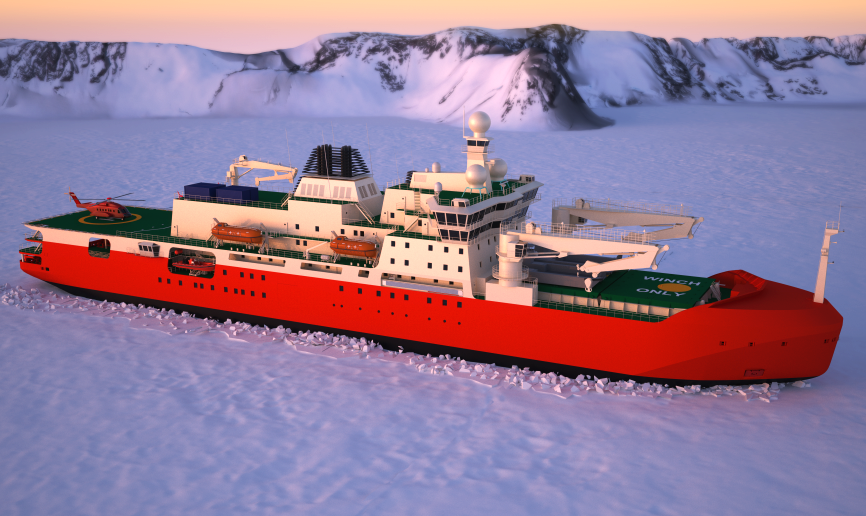Icy inquiry backs new ship
 An inquiry report has slammed the “bewildering” budget overspend in Australia’s Antarctic mission.
An inquiry report has slammed the “bewildering” budget overspend in Australia’s Antarctic mission.
A Senate inquiry into the financial management of the Australian Antarctic Division (AAD) has issued a stern rebuke over a budget overrun exceeding $40 million.
The inquiry's findings highlight significant fiscal mismanagement and raise questions about the AAD's handling of Australia's Antarctic engagements.
The inquiry, which commenced in August last year following the leak of internal correspondence indicating a need to identify $25 million in savings, has made a recommendation for the acquisition of a second Antarctic resupply vessel.
This proposal aims to supplement the capabilities of the troubled icebreaker RSV Nuyina, ensuring the nation's substantial scientific research potential is not squandered due to logistical shortcomings.
“Australia has a 42 per cent claim to Antarctic territory—we're meant to be leaders in Antarctic science. Yet this Senate inquiry shone a light on how our government agency that's designed to facilitate critical science on the icy continent lost its way,” says Senator Peter Whish-Wilson, chair of the inquiry.
The Nuyina, costing $528 million and entering service in 2021, was intended to manage both resupply missions and sophisticated scientific research.
However, the vessel has yet to conduct a dedicated marine science mission, attributed to nearly a year of inactivity due to mechanical failures.
Additional complications, including stability control issues and malfunctioning cranes, have further hampered its operations.
The committee's report includes 16 recommendations, which focus on prioritising scientific research within the AAD's operations.
It advises the federal environment department to develop a business case for a second vessel as a “matter of priority”. This vessel would primarily handle logistical support, allowing the Nuyina to concentrate on scientific projects.
The AAD has welcomed the report and noted improvements in governance and leadership. “The report highlights some of the excellent progress the division has made in the 2023-24 Antarctic season, along with positive steps forward in leadership and governance,” an AAD spokesperson said.
The government has yet to formally respond to the recommendations but has stated that it will consider them “in due course”.
In addition to the vessel recommendation, the report criticises the AAD for significant budget management failures, particularly a $41.4 million overspend initially projected to be around $20 million.
“It's bewildering to imagine how an overspend of over $40 million could not be identified and addressed by relevant officials until after the fact, nor raised with the relevant minister's office,” the report says.
The report also notes a nearly $30 million reduction in funding for the 2023-24 period, adversely affecting staff and scientific research.
This has led to recommendations for better funding transparency and the implementation of a strategic plan for Antarctic science goals.
The full report is accessible here.







 Print
Print